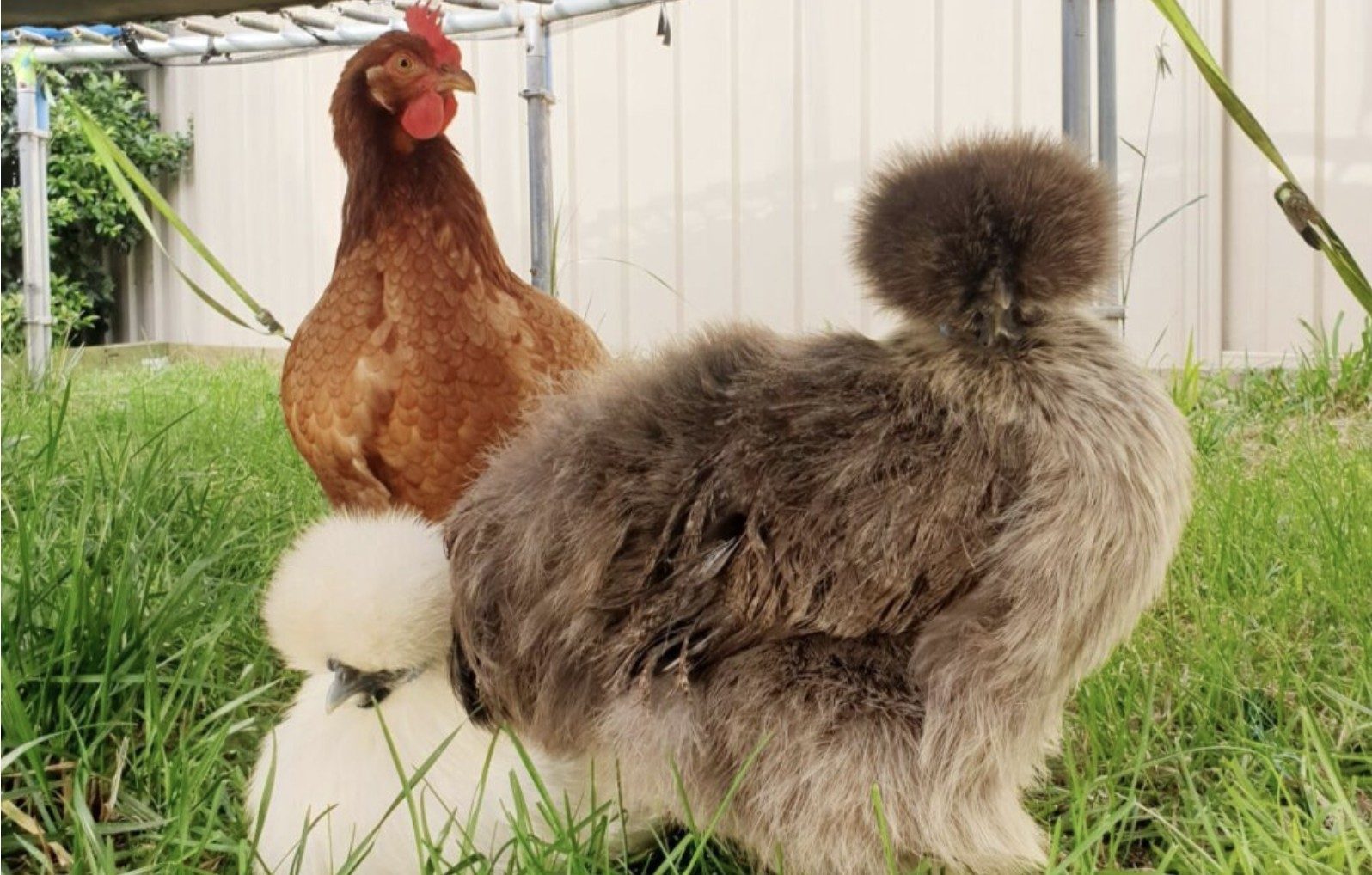第90回「タピる」って何?
What is Tapiru?
日本人には常識でも、文化の違うオージーにはイマイチ伝えづらい…。
そんな時にぴったりの表現や話の流れをご紹介。
(文:池田俊一 オーストラリア国立大学アジア・太平洋カレッジ日本センター 協力:池田澪奈)
エピソード
会社の若い女性社員が『仕事帰りは必ずタピる』と言っていたけれど、これってどういう意味?
Aussie: I tried to look it up in my pocket dictionary afterwards, but it wasn’t there…!?
You: Ah yes, タピる (tapiru)! This is a very new buzzword in Japanese. The タピ part comes from the word タピオカ (tapioka), which refers to the tapioca pearl balls that are currently very popular as drink toppings.
Aussie: Oh, I’ve seen them! They’re the ones that kind of look like… frog eggs, right?
You: Haha, yes, the black spheres certainly have a strong visual impact at first. The -る (ru) ending of タピる turns the word into a verb, or an action, so in this case, タピる means ‘to go and get some tapioca (drinks)’.
Aussie: That’s very neat that it’s become a verb of its own, already.
You: It was originally a buzzword mostly amongst teenagers last year, when it took out two out of four categories in a “Top Trending Words Awards”, where タピオカ was 1st in the ‘things’ category and タピる was 1st in the ‘words’ category. From there, the word spread to other age groups, along with the surge in タピオカ drinks’ popularity.
Aussie: Are there any other forms of タピる?
You: Since it’s a verb, you can inflect the word in many different ways. For example, if you wanted to use it in past tense, you could say タピった (tapitta).
Aussie: And, strangely, it doesn’t sound weird at all since it follows the inflection rules.
You: I could also say something like “ダイエット中だけどタピりたい” (daiettochū dakedo tapiritai). What would that mean?
Aussie: Well, since it’s got the present desiderative form on the end… Is it ‘I want to go get some tapioca even though I’m on a diet’?
You: Correct! It’s how I actually feel right now, because we’ve been chatting about this, haha.
説明する時のポイント
「タピる」の「タピ」は、南米原産のキャッサバという芋から抽出したでんぷんの粉末を固めて煮た食べ物「タピオカ」を指す言葉の一部で、タピオカはミルク・ティーやジュースに入れたり、デザートとしてココナツ・ミルクに入れたりする、黒くて丸いものだと教えてあげよう。日本では、1990年ごろから知られるようになった食べ物だが、昨年11月に発表された「JC・JK(女子中学生・女子高校生)流行語大賞2018」で、タピオカ・ドリンクを飲むことを意味する「タピる」がコトバ部門で1位に輝いたことから、他の年齢層にもこの言葉が広く使われるようになったと説明しておこう。「タピる」は動詞として「タピった」「タピりたい」「タピりに行こう」などと使えることも付け加えておくのを忘れずに。
【単語・成句】
buzzword はやり言葉
tapioca pearl balls タピオカの丸い粒
drink toppings 飲み物に入れるトッピング
black spheres 黒い球形のもの
visual impact 見た目の印象
neat うまくできている
categories 部門
Top Trending Words Awards 流行語大賞
surge 爆発的人気
inflect 形を変える
strangely 不思議なことに
(not) sound weird おかしくない/変に聞こえない
inflection rules 変形規則
desiderative form 願望形
chat about~ ~について喋る
【会話文で使える表現】
“it doesn’t sound weird at all.”の“not~at all”という否定表現は「全く~ではない」と強調したい時に使われる。
【例1】“It’s been terrible weather, so it must be very cold outside.” “No, it’s not cold at all.”「ひどい天気だから、外はとても寒いだろう」「いや、全然寒くないよ」
【例2】“Thank you for your help. I owe you a lot.” “No, not at all. I enjoyed it, too”「手伝い、ありがとう。恩に着るよ」「とんでもない、自分も楽しんだよ」
【例3】”I’m sorry that it’s “Well, the more important thing is that you managed to submit it one time.”「出来映えのあまりよくないものを提出することになりましたが」「まあ、大事なのは、期日を守ったことだ」











